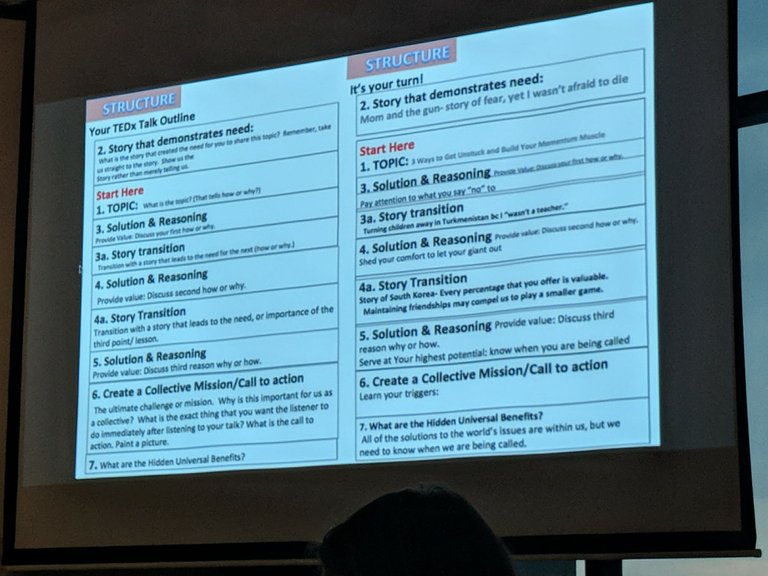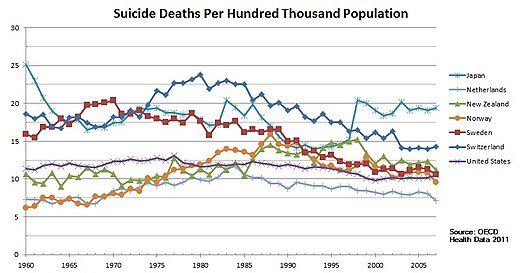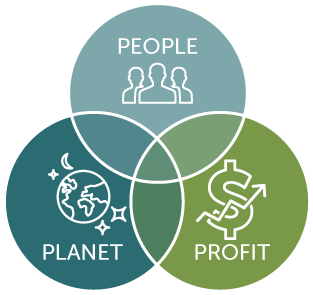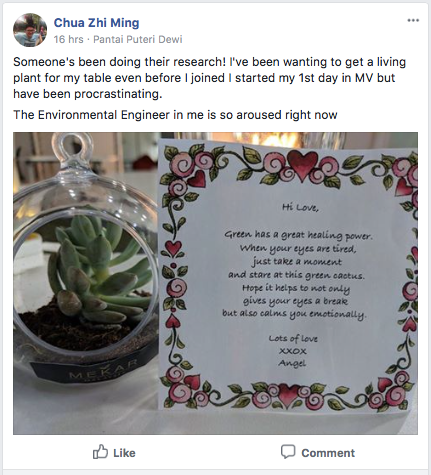Introduction
Recently, my company - Mindvalley - had the pleasure of welcoming a TEDx and soon-to-be TED talk speaker Gahmya Drummond-Bey to our office to give us a training on creating motivational or inspirational speeches. She has been a huge fan of Mindvalley's work and attendee of our events for many years.Structure
She gave us a homework to write a message based on the outline she provided:
- Start with a story that demonstrates need - What is the story that created the need for you to share this story?
- Topic - What is the topic? That tells how or why
- Solution & Reasoning - Provide value: Discuss first how or why
3a. Story Transition - Transition to a story that leads to the need for the second point/lesson - Solution & Reasoning - Provide value: Discuss second how or why
4a. Story Transition - Transition to a story that leads to the need for the thirt point/lesson - Solution & Reasoning - Provide value: Discuss third how or why
- Create a collective Mission/Call to Action - The ultimate challenge. Why is this important for us as a collective? What is the exact thing you want your audience to do after listening to your talk?
- What are the Hidden Universal Benefits?

This post is for me to create and share the homework she gave us to create our own version of a motivation/inspiration message. Whether it is or not, I don't know! But I hope you enjoy! I wrote this with my fellow Mindvalley colleagues as an audience in mind.
My Message
Look at the global statistics of countries with the highest GDP or Income per Capita, now look at these other lists of countries with the highest stress levels, highest suicide rates or highest depression rates. You will notice that there are an unexpectedly large number of these "Developed" countries that fall high in those rankings as well.
Source

When we think of development, we aim to be like the U.S., China, Japan, South Korea, Singapore (I intentionally did not include Western European countries, they're doing something right) but some of these are also home to the least happy people in the world.
When we look at major corporations like Apple - who uses cheap labor in China factories where they need suicide nets on every high floors, or Nestle - who says that water is not a human right so that they can sell bottled water back to the country from where the water came from. Not to mention all the non-sustainable oil and gas, lumber, and natural resources companies that rape the earth of it's resources.
If these countries and companies are the pinnacle of progression that we aim for, then we are in a race to the bottom for humanity.
My message here is simple, we need a mindset shift in the way we do business. Businesses today only put focus on a single bottom line - profit. Well, I'm here to try to convince you that we need to expand that scope. I think it's time we focus on the triple bottom line - profit, people and environment.
Source

Although I don't practice my Environmental Engineering degree at all, the biggest thing I took from it was the triple bottom line. As engineers, we learn that we need to create ideas and inventions that not only help the people and environment but must make a profit as well for business or else, our amazing ideas or inventions will never be implemented. This got me thinking, if we had to think of business interests while trying to do a good cause, why can't businesses think of promoting good causes while protecting their business interests as well!
What does it mean to include people and environment into your triple bottom line? It means to prioritize the happiness of your employees and other stakeholders as well as the community and environment around which you do business as much if not more than you prioritize your company profits.
I think that Mindvalley is a good example of this. Working in the customer success team, I am personally responsible in spreading happiness to our customers to make sure we provide them with as much care, love and support as we can. And in response, we were awarded the Customer Happiness Award in 2014 and were featured on NiceReply - a leading customer service company. Even as a small company located in Malaysia, we are continuously mentioned as one of the Best Workplace in the World and Most Democratic Workplace in the World alongside giants like Google and Amazon because of amazing initiatives and movements we create such as #LoveWeek.

*Learn more about it here!*
Not only are we, as a company, making a profit. Our employees are among the happiest in the world, ask any of our employees who were poached into Google and other companies that ended up returning anyways, our customers are also happy. I'm proud to work for such an amazing company because we are not only spreading this mindset shift that I'm proposing of the triple bottom line, but we are also a very real example of how this can lead to a success of a company.
Which is more important? To line the pockets of a few shareholders with money or to ensure the happiness of a companies thousands of staff, tens or hundreds of thousands of family members of those staff and millions of people impacted by a companies business practices. This is why we need this change yesterday!
Why I'm so passionate about this is because I believe this is how we can truly change the world. I believe in education, but a good education system will not change a kid from a broken family with unhappy parents. I believe in supporting NGOs and charities, but that's treating the symptom not the problem. I believe in being environmental, but we need to prevent it at the source - human greed - and not cure it after its too late.
I hope my message was able to resonate with you. Do let me know what you think, not just of the message, but also the format of the message!

spectacular! We also have that training and seminar on our state universities to ignite the sleeping mind and soul of every student or any individual who perceives and seeks for a change for the betterness of everyone.
I loved the training and I love your summary of it! Thank you for bringing it to this community as well.